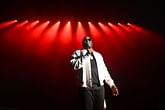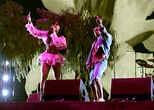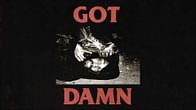What is a discovery request? Drake's response to Spotify's denial of boosting Kendrick Lamar’s Not Like Us streaming numbers explored
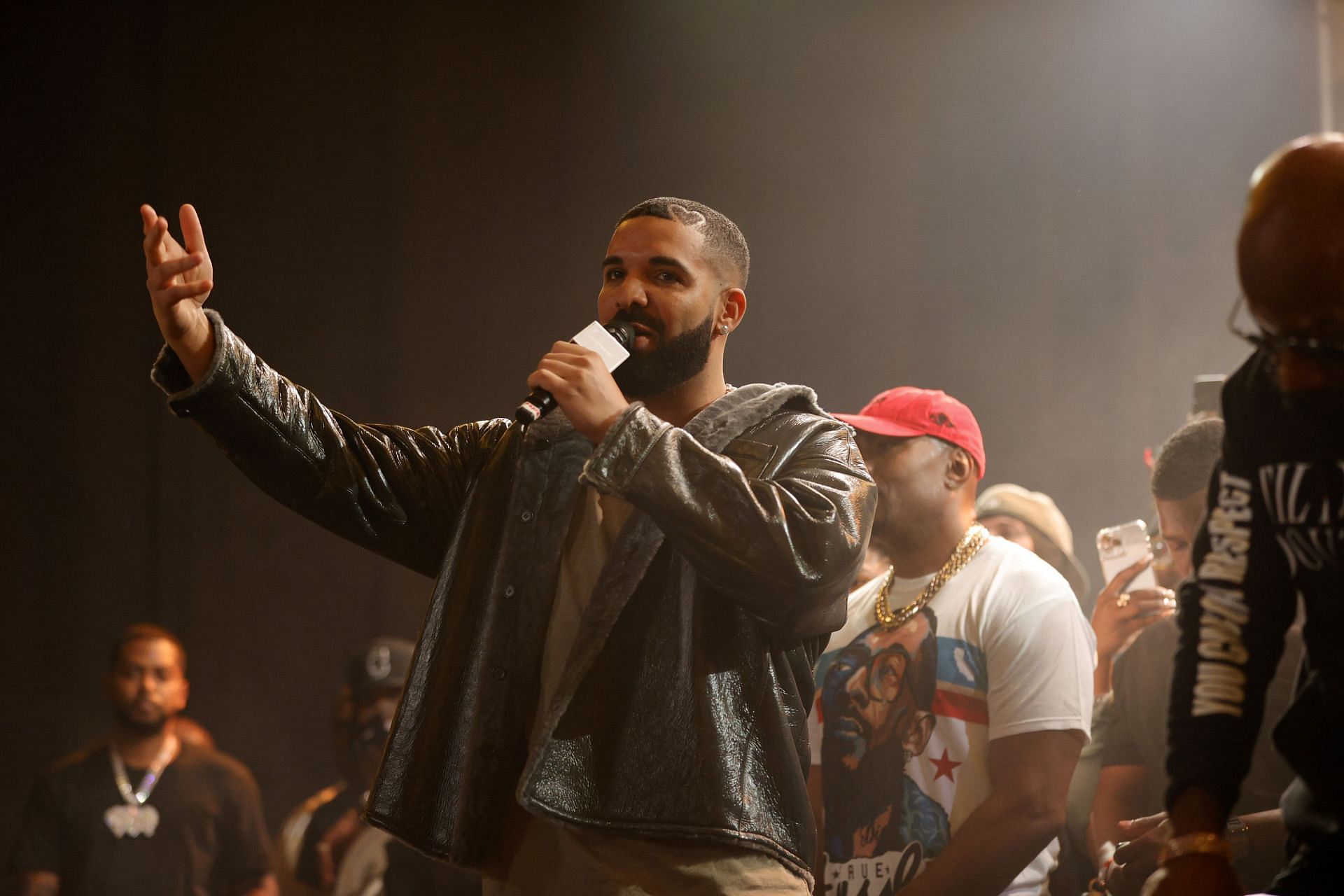
Drake and his legal team have responded to the music streaming platform Spotify's statement regarding the Toronto-based rapper's legal accusations against them and Universal Music Group (UMG). The legal battle began when Drizzy accused UMG and Spotify of using unfair means to inflate the streaming numbers of Kendrick Lamar's track, Not Like Us, aimed at the rapper.
On December 20, 2024, Drake's legal team responded to Spotify's claims where they denied his accusations. The rapper's attorneys urged the streaming giants to comply with a discovery request. In the statement obtained by Variety, they said:
“It is not surprising that Spotify is trying to distance themselves from UMG’s allegedly manipulative practices to artificially inflate streaming numbers on behalf of one of its other artists. If Spotify and UMG have nothing to hide then they should be perfectly fine complying with this basic discovery request.”
According to Science Direct, a discovery request is a legal procedure in which companies are required to disclose relevant data and information in response to a judicial order or as part of a legal proceeding. A discovery request also involves searching for and preserving information from business systems or individuals that may be relevant to a dispute.
The purpose of discovery is to inform parties in a court case about information that can be presented as evidence. The formal procedure is governed by court rules. It may be obtained through the production of documents, requests for admissions, or mental and physical examinations.
In the aforementioned context, Drake's legal team has demanded that Spotify provide relevant data to prove their claims about not using any unfair means to boost the streams for Lamar's Not Like Us.
Drake's legal complaint against Spotify and UMG and the streaming giants' response explored
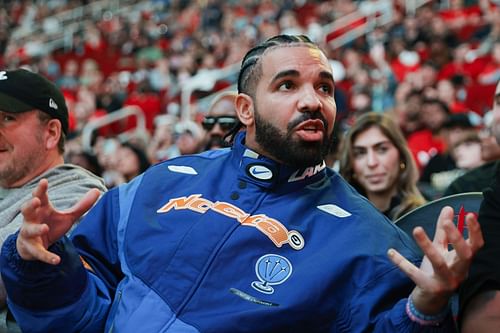
On November 25, 2024, Drake aka Drizzy legally accused Universal Music Group (UMG) and Spotify of "artificially inflating" the streaming numbers of Kendrick Lamar's Not Like Us. The track is considered a diss track aimed at the Toronto-based rapper and name-drops him in the lyrics.
In the legal petition, Drizzy's company, Frozen Media LLC, alleged that Spotify and UMG indulged in a "scheme to ensure" Not Like Us broke through on multiple platforms. The rapper further alleged that they used unfair means to allegedly boost the streaming numbers of the track.
Drake accused the platforms of using "bots" and "pay-to-play agreements" as well. He added that UMG has a "symbiotic business relationship" with Spotify and thus offered them special licensing rates for Kendrick Lamar's track.
"UMG's schemes to artificially inflate the popularity of 'Not Like Us' were motivated, at least in part, by the desire of executives at Interscope (Records) to maximize their own profits," the lawsuit wrote.
Universal Music Group denied all of Drizzy's accusations in an official statement dated November 25. On December 20, 2024, Spotify filed opposition papers in response to the rapper's allegations against the streaming giants. A spokesperson for the platform said:
“Spotify has no economic incentive for users to stream ‘Not Like Us’ over any of Drake’s tracks. Only one of Spotify for Artists’ tools, Marquee, was purchased on behalf of the song, for €500 to promote the track in France. Marquee is a visual ad that is disclosed to users as a Sponsored Recommendation.”
In their filed papers, Spotify denied Champagne Papi's claims of UMG offering them special licensing rates as well. They said:
“Contrary to the allegations in the Petition, UMG and Spotify have never had any arrangement in which UMG ‘charged Spotify licensing rates 30 percent lower than its usual licensing rates for ‘Not Like Us’ in exchange for Spotify affirmatively recommending [‘Not Like Us’],’ including ‘to users who are searching for other songs and artists.”
Further, a spokesperson for UMG has also denied all of Drake's accusations as "offensive and untrue" and stressed the company's "highest ethical practices. The legal battle continues to be in development after the Toronto rapper's response to Spotify.
